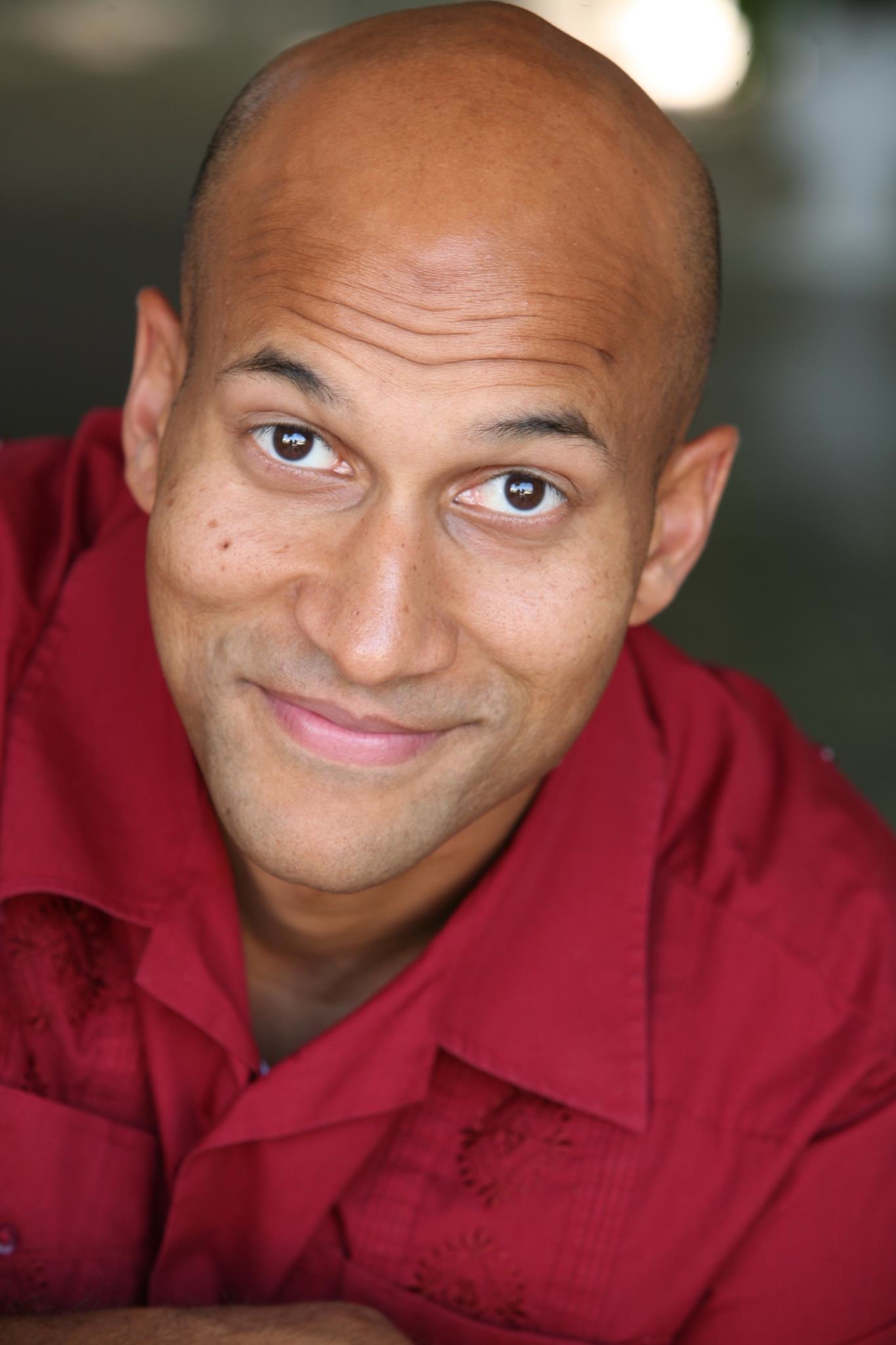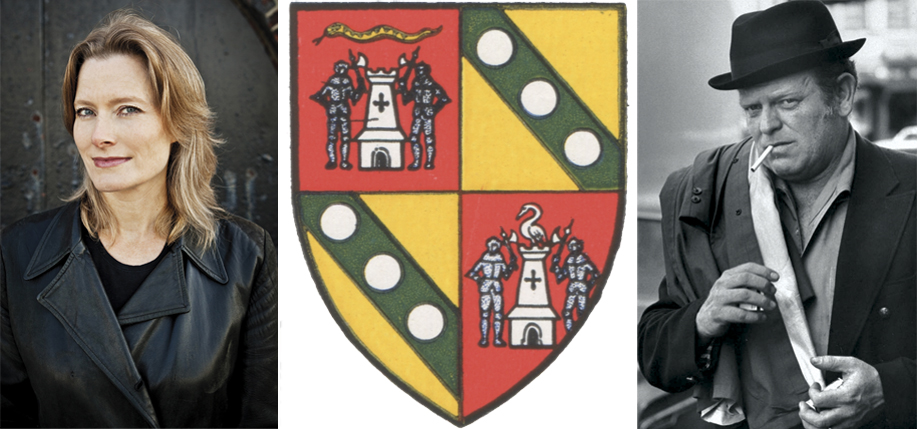The family name Keegan developed from McEgan, the Anglicized form of MacAodhagain (pronounced mack-HYOO-gan), meaning “son of Aodhagain.” When familial prefixes fell into disuse during the submergence of the Irish language, the “c” of “Mac” was occasionally retained, later becoming the initial “K.” Aodhagain is a diminutive of Aodh, the name of an ancient pagan god of the underworld that means “fire,” and so the name Keegan is often taken to mean “small, yet fiery.” This interpretation, when paired with the Keegan clan’s official motto, Fortitudine et Prudentia (“fortitude and prudence”), indicates that the flame of this family has burned with endurance throughout their history.
The MacAodhagain name originated around 1000, and was initially used by a family of ollavs, hereditary lawyers responsible for upholding Brehon law, which governed the systems of everyday life in medieval Ireland. They resided in the ancient territory of Uí Maine, one of the largest kingdoms in Connacht, between mid-Galway and south Roscommon. In roughly 1350, they came into ownership of Redwood Castle, a County Tipperary property previously occupied by Norman settlers. There, a school of law was established and patronized by the family for hundreds of years.
The family first acted as legal advisors to the Ó Conchobair Kings of Connacht, and later to the Burkes of Clanricarde. The oldest surviving compendium of ancient Irish laws, Senchus Mór (Grand Old Law), was written prior to 1350 at a school patronized by the MacAodghagains near Loughrea, Co. Galway. Another manuscript known as An Leabhar Breac (The Speckled Book), commonly nicknamed “Leabhar Breac Mic Aodhagain,” was completed by their students. Records show that among these students was Dubhaltach MacFhirbhisigh, a traditionally trained scribe and writer of Leabhar na nGenealach; literally “the book of genealogies,” it was printed in 2004 as The Great Book of Irish Genealogies by scholar Nollaig Ó Muraíle. MacFhirbhisigh studied under Flann MacAodhagain at Ballymacegan in Co. Tipperary until his mentor’s death in 1643.
Over time, the MacAodhagain name produced many variations, due in large part to numerous geographically disparate attempts to Anglicize it. The Keegan England genealogical research group divides the septs into four geographic categories: the Mac-Egans, MacCaigans, and Egans of Redwood from counties Galway, Tipperary and Roscommon; the McKeegans and MacKeegans of counties Derry, Antrim and Down; the McKeighans, Keighens and Keigeens the Isles, who hail from Scotland and the Isle of Man; and finally, the Keegans, Kegans and Keggins of counties Louth, Meath, Westmeath and Dublin.

The first “Keegan” spelling was recorded in 1620, when Murtagh, Robert, Dudly, Henry, William, and Walter Keegan were born in the Dublin and Westmeath areas. Discovered by genealogists to be the sons of Murtagh MacAodhagain (1590 – 1660), the chief Brehon of the Mageoghegan clan, these men are thought to be the ancestors of all Keegans. Following the collapse of the old Gaelic order, represented in its finality by the Flight of the Earls in 1607, the Keegans held high office with the Catholic Church.
From 1845 to 1852, countless Irish immigrated to North America to escape the Great Hunger, among them Gerald Keegan, who journeyed from Co. Sligo to Grosse Ile, Quebec. His published diary, Summer of Sorrow, detailed the struggles of the voyage and was published in 1895. In 1982, author James J. Mangan wrote a fictionalized account of the publication, titled The Voyage of Naparima, later renamed Famine Diary: Journey to a New World.

The Keegans have made an impact on countless professional disciplines. Claire Keegan (b. 1968), an Irish writer who attended school in New Orleans, has published two award-winning short story collections entitled Antarctica and Walk the Blue Fields. Sir Desmond John Patrick Keegan (1932 – 2012) was a British military historian and lecturer, who won the Samuel Eliot Morison Prize for his writings on the nature of combat and psychology of battle between the 14th and 21st centuries. Notable figures also include Eddie Egan (1930 – 1995), the NYPD police officer whose exploits inspired the book and film The French Connection, and American novelist Jennifer Egan (b. 1962), who won a Pulitzer prize for her novel A Visit from the Goon Squad and was featured in Irish America’s Top 50 Power Women line-up in June.
Ever-faithful to its history of revampment and change, the name Keegan has also gained popularity as a unisex given name, first appearing in the 1970s and currently sitting at an all-time high. One well-known example of this trend is Keegan-Michael Key (b. 1971), the American actor, writer and comedian behind one half of the Comedy Central sketch series Key and Peele. Most recently, he produced and starred in the 2016 cop-comedy Keanu alongside Jordan Peele.
A little closer to home, Irish America’s Wall Street 50 keynote speaker, Daniel Keegan, is co-head of Global Equities at Citigroup. There, he maintains the fire and fortitude synonymous with this name. ♦


One spelling variation I didn’t see in this list was EAGEN.